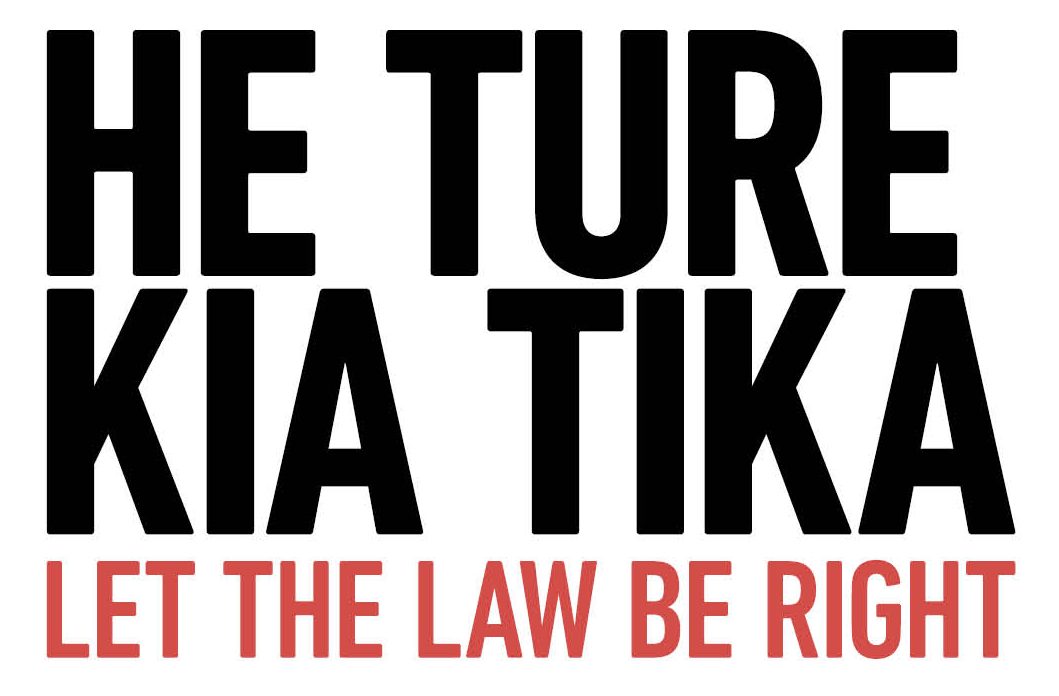Our project aims to develop a solution-focused framework to improve outcomes for whānau who experience mental distress and/or addictions while in the criminal justice system.
We characterise a solution-focused approach as non-adversarial, strength-based, culturally competent and community-led.
The project has four stages. In stage one, called He kohikohinga pūrākau whānau, we create stories with whānau who have lived experience of offending, mental distress and/or addiction. The stories will focus on whānau journeys towards whānau ora (wellness and connectedness) and desistance from offending.
In stage two, called He kohikohinga pūrākau hapori, we will collaborate with communities that have positively impacted on the lives of whānau entangled with the criminal justice system while experiencing mental distress and addiction.
While not finalised, stages three and four will focus on gaining a macro picture of whānau and communities in this space, as well as considering the foundations of justice innovation here and overseas.
We are guided by kaupapa Māori and co-production research that requires a shift in the focus of research from ‘doing to’ to ‘doing with’ people involved in project (Kidd & Edwards, 2016). Both methodologies aim to empower participants as experts and disrupt pākehā hegemony. We draw on the values embedded in both methodologies to practice according to:
Mauri tau: Engaging kaumatua support to ensure we are all physically and spiritually safe in our research.
Kia tupato: Being cognisant of adapting our approach to meet the needs of those we were researching.
Whakawahanaungatanga: Having, building and maintaining relationships as core principles shaping the entire project.
Aroha ki te tangata: Practising with love, respect and using an approach that will whakamana, or privilege and empower participants as experts. Understanding our reciprocal obligation and responsibility to honour the trusted role of conducting this research and producing meaningful resource for the wider Māori communities to benefit from.
See more about kaupapa Māori research at http://www.rangahau.co.nz/

